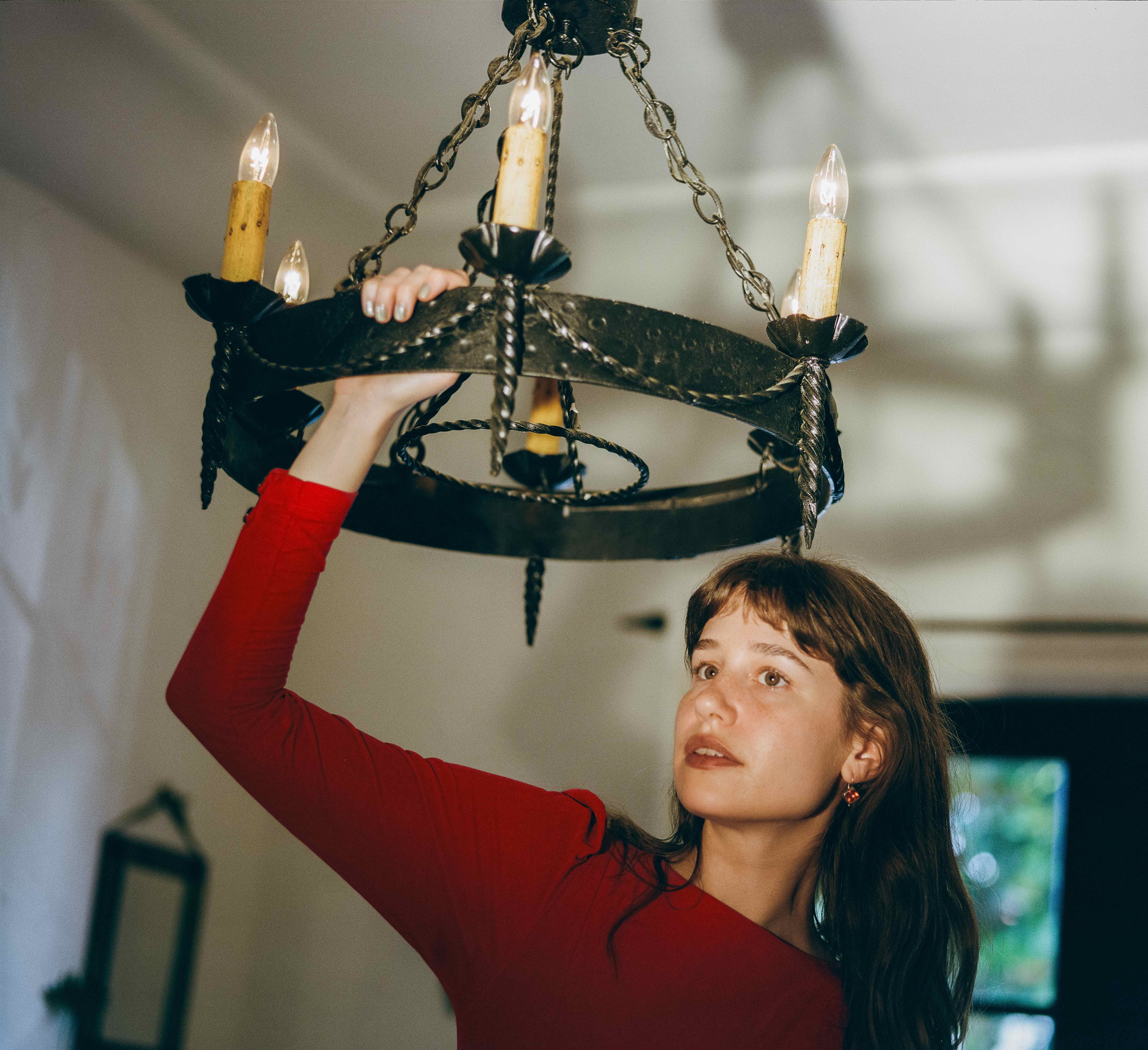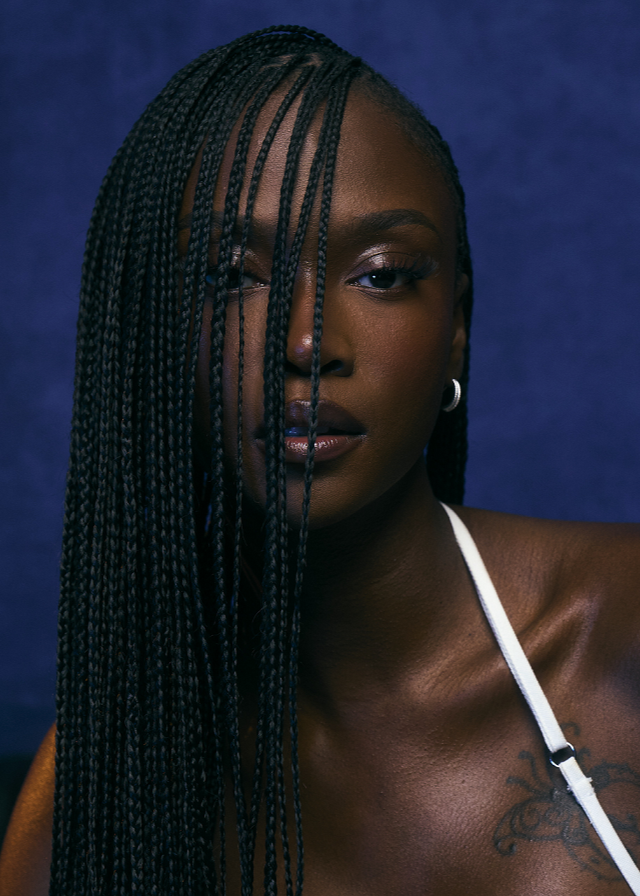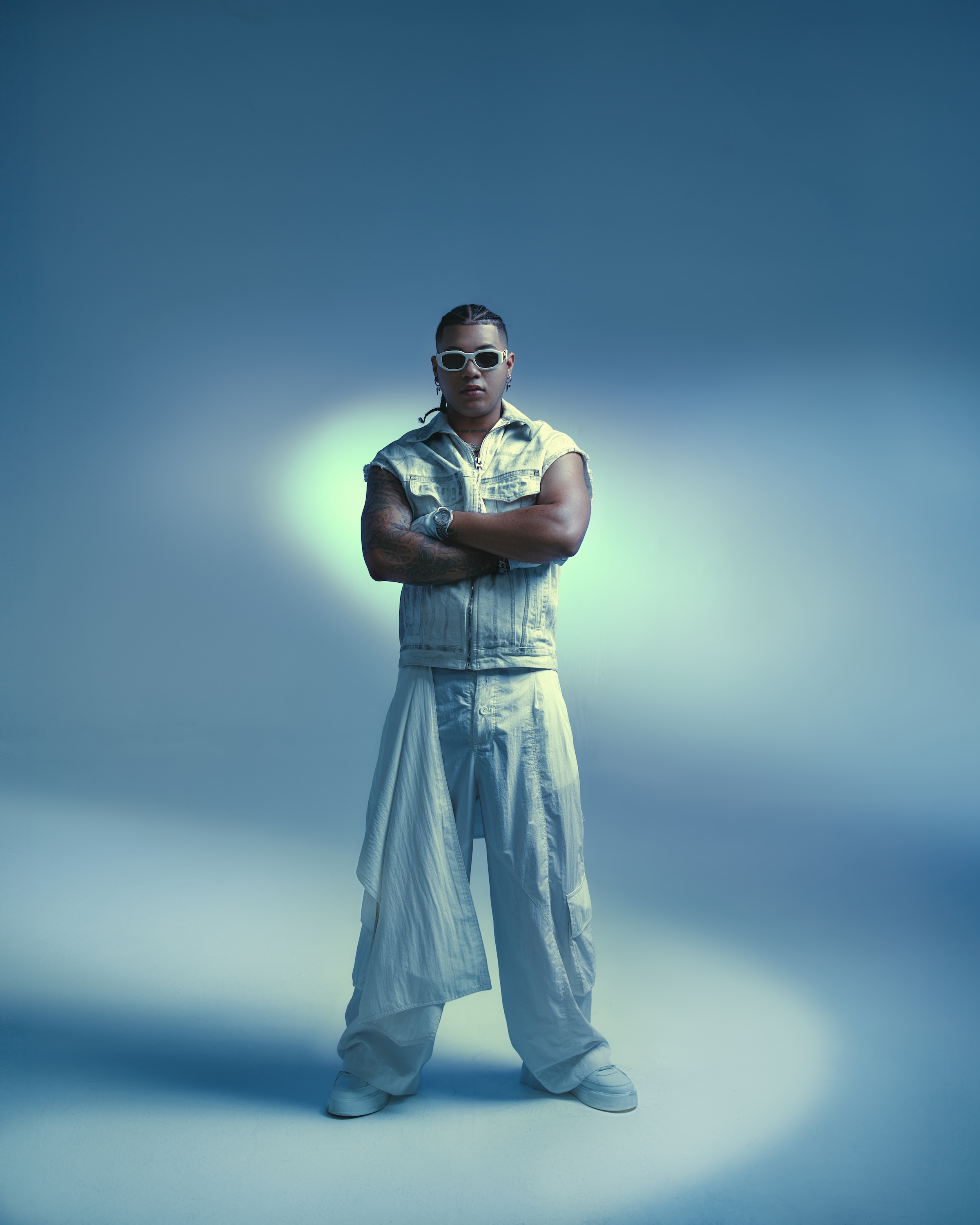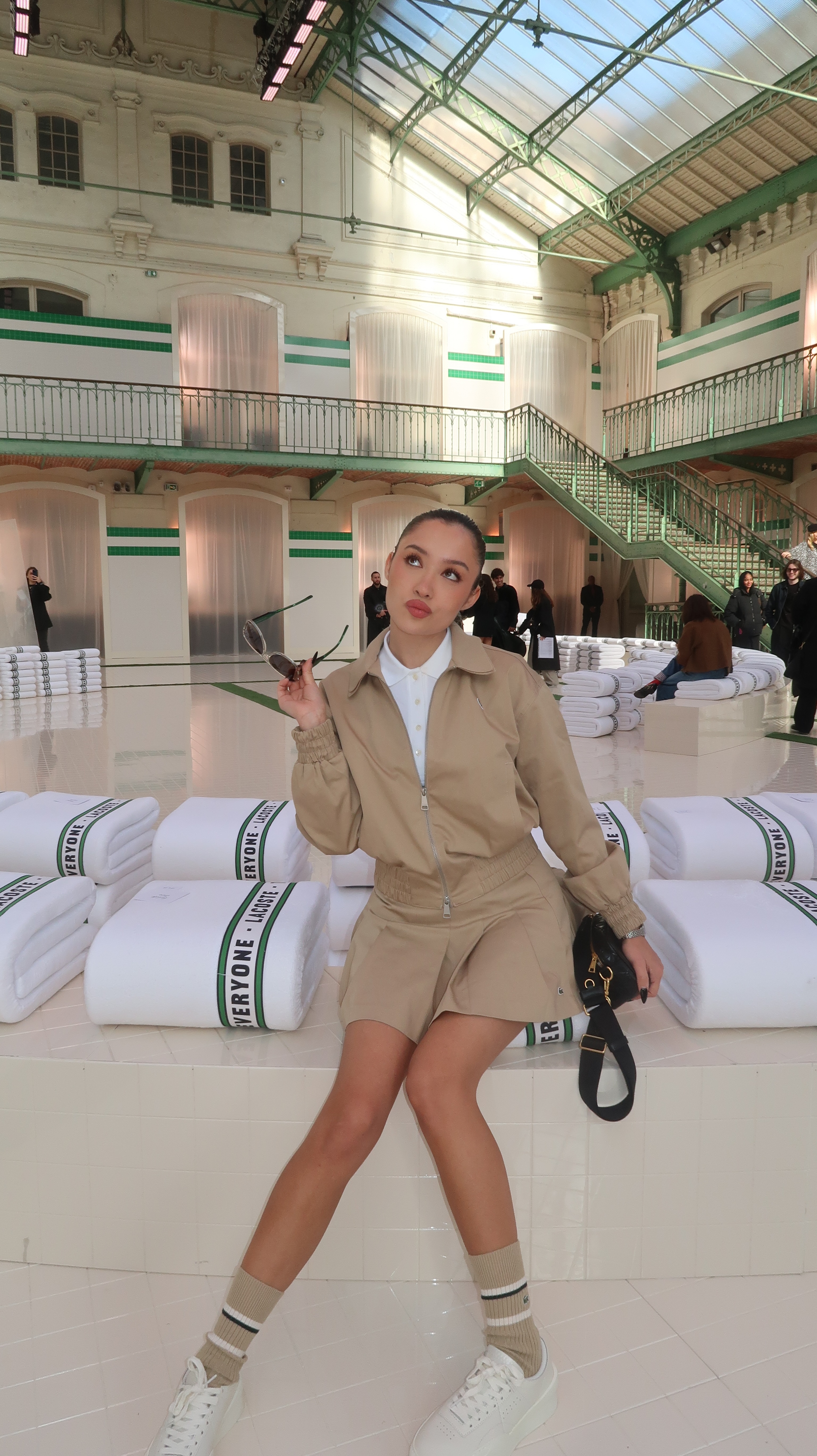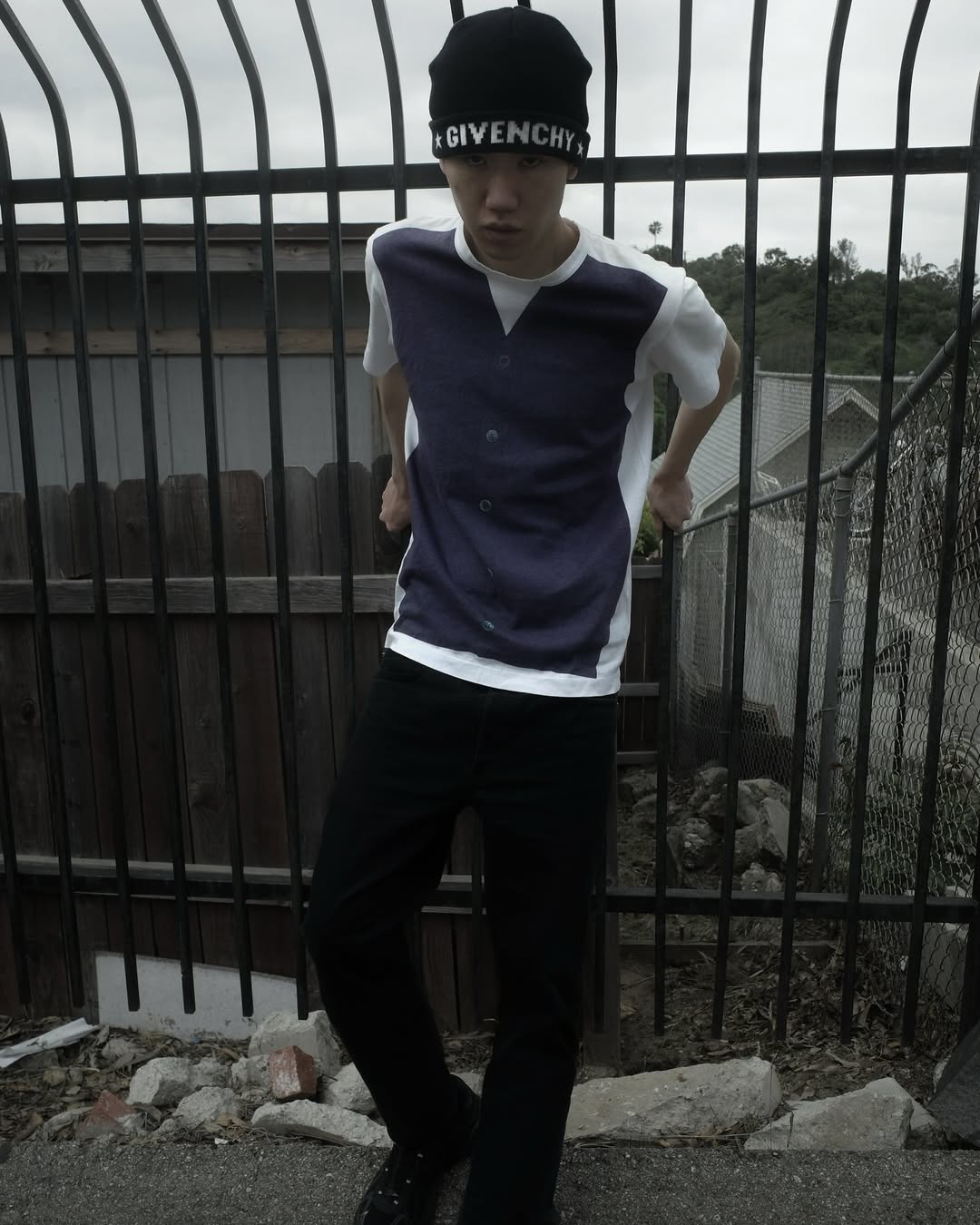

"What I’m really trying to do is create an evocative, ineffable moment."
Boston avant pop artist Matthew Connor has an exciting summer ahead of him. Since the success of his 2014 album debut, _Farewell Motel,_ Connor has decided to take his music in a new direction — darker, deeper, and more raw.
Flaunt scored an exclusive premiere of his dark and expressive new track "Night After Night," an industrialized explosion of lust and ecstasy, an ethereal reverie centered around Connor's signature croon. Suited for a midnight ride through the city, young Connor is haunted by stealth characters of the heart. Caught in a tangle with insomnia, Connor battles his inner demons, contemplating the terrors that illuminate his mind each night. This provocative track exposes Connor's sensual side and sheds light on what this young virtuoso has up his sleeve.
We chatted with Connor about his new track and inspirations:
**Are there any experiences in your personal life that inspired the lyrics of your new track "Night after night"?**
I’m always hesitant to discuss the extent to which my songs are (or aren’t) autobiographical—I prefer to let the lyrics speak for themselves and to allow the listener to create their own meanings and associations—but generally speaking, yes. “Night After Night” is, in part, about the ways in which your relationships and energies are stifled by the demands of living within capitalism, the feeling of working so much that you barely have time left for your passions and your people, which is something I think most of us have personal experience with.
**Do you think your music comforts your listeners? Do you believe it provides an emotional experience?**
Ultimately, it’s beyond my control how the listener receives or engages with the music; all I can do is create the art I want to create and release work into the world that I'm proud of. I do hope my music provides some sort of comfort, even if the songs can be melancholy or outright despairing. I believe there’s a place in the world for art that is bleak or uncomfortable. We live in a hyper-masculine “boys don’t cry” kind of society, and I feel it’s important for me to be visible in my vulnerability and emotion, to deal with subjects like depression and anxiety and alienation and queerness head on. I hope when people hear my music they can have that good cathartic cry, realize they aren’t alone in feeling the things they feel, or just enjoy getting lost in the sounds and melodies and forget for four minutes that they live in a terrifying and difficult world.
**How do you think you have evolved as a singer since the creation of your last EP?**
I don’t think I have particularly evolved as a singer in the past few years, to be honest—I’m pretty settled into myself vocally—but I have evolved quite a bit as a producer. I don’t want to repeat myself. I want each record to have its own sound and style, so I’m always pushing myself to try new techniques, to experiment, to play. I love changing my persona and visual presentation to complement the music. My voice is a constant, it's the scenery surrounding it that is constantly shifting. The next album is probably going to look and sound a lot different from this EP.
**Do the videos accompanying your new EP have any significant meaning? Do they tell the stories behind each individual song?**
What I love about music videos is the way they can recontextualize and complicate the meaning of a song. Instead of literalizing a song’s narrative onscreen, I’d prefer to tell a new story that intersects with the song in unexpected ways and draws nuances from it. Starting with this EP I’ve begun directing and filming my own music videos, and it’s a really fun challenge because of the limitations of the medium. There’s (usually) not any dialogue, so you have to tell a story or build a world in just a few minutes through light and color and facial expressions.
**Does your passion for film have an impact on the music you create?**
I draw inspiration from film more than anything else, really. My favorite directors are people like Claire Denis and Apichatpong Weerasethakul, who both make these kind of elliptical films where you might not always understand what’s happening in a strictly logical sense but you understand the underlying emotional truth. They both include scenes that other directors wouldn’t bother with—two people cooking food together in silence, day laborers riding a bus—scenes that don’t further a plot or deepen a characterization but simply add texture, make the world feel lived in. I approach writing songs in the same way: I don’t want to tell a story that has a beginning, middle, and end. I want to drop the listener into a new world, tell a story out of sequence, leave things unclear. I want to build the listener a room, but leave it up to them to furnish it. I want my characters to have interior lives that extend beyond the boundaries of the song. I’m more interested in a passing glance between two actors than in their dialogue. I think when people describe music as “cinematic” it’s often used as shorthand for sweeping string orchestras or a certain kind of grandiosity, but when I aim to make music that is cinematic what I’m really trying to do is create an evocative, ineffable moment.
 
"What I’m really trying to do is create an evocative, ineffable moment."
Boston avant pop artist Matthew Connor has an exciting summer ahead of him. Since the success of his 2014 album debut, _Farewell Motel,_ Connor has decided to take his music in a new direction — darker, deeper, and more raw.
Flaunt scored an exclusive premiere of his dark and expressive new track "Night After Night," an industrialized explosion of lust and ecstasy, an ethereal reverie centered around Connor's signature croon. Suited for a midnight ride through the city, young Connor is haunted by stealth characters of the heart. Caught in a tangle with insomnia, Connor battles his inner demons, contemplating the terrors that illuminate his mind each night. This provocative track exposes Connor's sensual side and sheds light on what this young virtuoso has up his sleeve.
We chatted with Connor about his new track and inspirations:
**Are there any experiences in your personal life that inspired the lyrics of your new track "Night after night"?**
I’m always hesitant to discuss the extent to which my songs are (or aren’t) autobiographical—I prefer to let the lyrics speak for themselves and to allow the listener to create their own meanings and associations—but generally speaking, yes. “Night After Night” is, in part, about the ways in which your relationships and energies are stifled by the demands of living within capitalism, the feeling of working so much that you barely have time left for your passions and your people, which is something I think most of us have personal experience with.
**Do you think your music comforts your listeners? Do you believe it provides an emotional experience?**
Ultimately, it’s beyond my control how the listener receives or engages with the music; all I can do is create the art I want to create and release work into the world that I'm proud of. I do hope my music provides some sort of comfort, even if the songs can be melancholy or outright despairing. I believe there’s a place in the world for art that is bleak or uncomfortable. We live in a hyper-masculine “boys don’t cry” kind of society, and I feel it’s important for me to be visible in my vulnerability and emotion, to deal with subjects like depression and anxiety and alienation and queerness head on. I hope when people hear my music they can have that good cathartic cry, realize they aren’t alone in feeling the things they feel, or just enjoy getting lost in the sounds and melodies and forget for four minutes that they live in a terrifying and difficult world.
**How do you think you have evolved as a singer since the creation of your last EP?**
I don’t think I have particularly evolved as a singer in the past few years, to be honest—I’m pretty settled into myself vocally—but I have evolved quite a bit as a producer. I don’t want to repeat myself. I want each record to have its own sound and style, so I’m always pushing myself to try new techniques, to experiment, to play. I love changing my persona and visual presentation to complement the music. My voice is a constant, it's the scenery surrounding it that is constantly shifting. The next album is probably going to look and sound a lot different from this EP.
**Do the videos accompanying your new EP have any significant meaning? Do they tell the stories behind each individual song?**
What I love about music videos is the way they can recontextualize and complicate the meaning of a song. Instead of literalizing a song’s narrative onscreen, I’d prefer to tell a new story that intersects with the song in unexpected ways and draws nuances from it. Starting with this EP I’ve begun directing and filming my own music videos, and it’s a really fun challenge because of the limitations of the medium. There’s (usually) not any dialogue, so you have to tell a story or build a world in just a few minutes through light and color and facial expressions.
**Does your passion for film have an impact on the music you create?**
I draw inspiration from film more than anything else, really. My favorite directors are people like Claire Denis and Apichatpong Weerasethakul, who both make these kind of elliptical films where you might not always understand what’s happening in a strictly logical sense but you understand the underlying emotional truth. They both include scenes that other directors wouldn’t bother with—two people cooking food together in silence, day laborers riding a bus—scenes that don’t further a plot or deepen a characterization but simply add texture, make the world feel lived in. I approach writing songs in the same way: I don’t want to tell a story that has a beginning, middle, and end. I want to drop the listener into a new world, tell a story out of sequence, leave things unclear. I want to build the listener a room, but leave it up to them to furnish it. I want my characters to have interior lives that extend beyond the boundaries of the song. I’m more interested in a passing glance between two actors than in their dialogue. I think when people describe music as “cinematic” it’s often used as shorthand for sweeping string orchestras or a certain kind of grandiosity, but when I aim to make music that is cinematic what I’m really trying to do is create an evocative, ineffable moment.

"What I’m really trying to do is create an evocative, ineffable moment."
Boston avant pop artist Matthew Connor has an exciting summer ahead of him. Since the success of his 2014 album debut, _Farewell Motel,_ Connor has decided to take his music in a new direction — darker, deeper, and more raw.
Flaunt scored an exclusive premiere of his dark and expressive new track "Night After Night," an industrialized explosion of lust and ecstasy, an ethereal reverie centered around Connor's signature croon. Suited for a midnight ride through the city, young Connor is haunted by stealth characters of the heart. Caught in a tangle with insomnia, Connor battles his inner demons, contemplating the terrors that illuminate his mind each night. This provocative track exposes Connor's sensual side and sheds light on what this young virtuoso has up his sleeve.
We chatted with Connor about his new track and inspirations:
**Are there any experiences in your personal life that inspired the lyrics of your new track "Night after night"?**
I’m always hesitant to discuss the extent to which my songs are (or aren’t) autobiographical—I prefer to let the lyrics speak for themselves and to allow the listener to create their own meanings and associations—but generally speaking, yes. “Night After Night” is, in part, about the ways in which your relationships and energies are stifled by the demands of living within capitalism, the feeling of working so much that you barely have time left for your passions and your people, which is something I think most of us have personal experience with.
**Do you think your music comforts your listeners? Do you believe it provides an emotional experience?**
Ultimately, it’s beyond my control how the listener receives or engages with the music; all I can do is create the art I want to create and release work into the world that I'm proud of. I do hope my music provides some sort of comfort, even if the songs can be melancholy or outright despairing. I believe there’s a place in the world for art that is bleak or uncomfortable. We live in a hyper-masculine “boys don’t cry” kind of society, and I feel it’s important for me to be visible in my vulnerability and emotion, to deal with subjects like depression and anxiety and alienation and queerness head on. I hope when people hear my music they can have that good cathartic cry, realize they aren’t alone in feeling the things they feel, or just enjoy getting lost in the sounds and melodies and forget for four minutes that they live in a terrifying and difficult world.
**How do you think you have evolved as a singer since the creation of your last EP?**
I don’t think I have particularly evolved as a singer in the past few years, to be honest—I’m pretty settled into myself vocally—but I have evolved quite a bit as a producer. I don’t want to repeat myself. I want each record to have its own sound and style, so I’m always pushing myself to try new techniques, to experiment, to play. I love changing my persona and visual presentation to complement the music. My voice is a constant, it's the scenery surrounding it that is constantly shifting. The next album is probably going to look and sound a lot different from this EP.
**Do the videos accompanying your new EP have any significant meaning? Do they tell the stories behind each individual song?**
What I love about music videos is the way they can recontextualize and complicate the meaning of a song. Instead of literalizing a song’s narrative onscreen, I’d prefer to tell a new story that intersects with the song in unexpected ways and draws nuances from it. Starting with this EP I’ve begun directing and filming my own music videos, and it’s a really fun challenge because of the limitations of the medium. There’s (usually) not any dialogue, so you have to tell a story or build a world in just a few minutes through light and color and facial expressions.
**Does your passion for film have an impact on the music you create?**
I draw inspiration from film more than anything else, really. My favorite directors are people like Claire Denis and Apichatpong Weerasethakul, who both make these kind of elliptical films where you might not always understand what’s happening in a strictly logical sense but you understand the underlying emotional truth. They both include scenes that other directors wouldn’t bother with—two people cooking food together in silence, day laborers riding a bus—scenes that don’t further a plot or deepen a characterization but simply add texture, make the world feel lived in. I approach writing songs in the same way: I don’t want to tell a story that has a beginning, middle, and end. I want to drop the listener into a new world, tell a story out of sequence, leave things unclear. I want to build the listener a room, but leave it up to them to furnish it. I want my characters to have interior lives that extend beyond the boundaries of the song. I’m more interested in a passing glance between two actors than in their dialogue. I think when people describe music as “cinematic” it’s often used as shorthand for sweeping string orchestras or a certain kind of grandiosity, but when I aim to make music that is cinematic what I’m really trying to do is create an evocative, ineffable moment.
